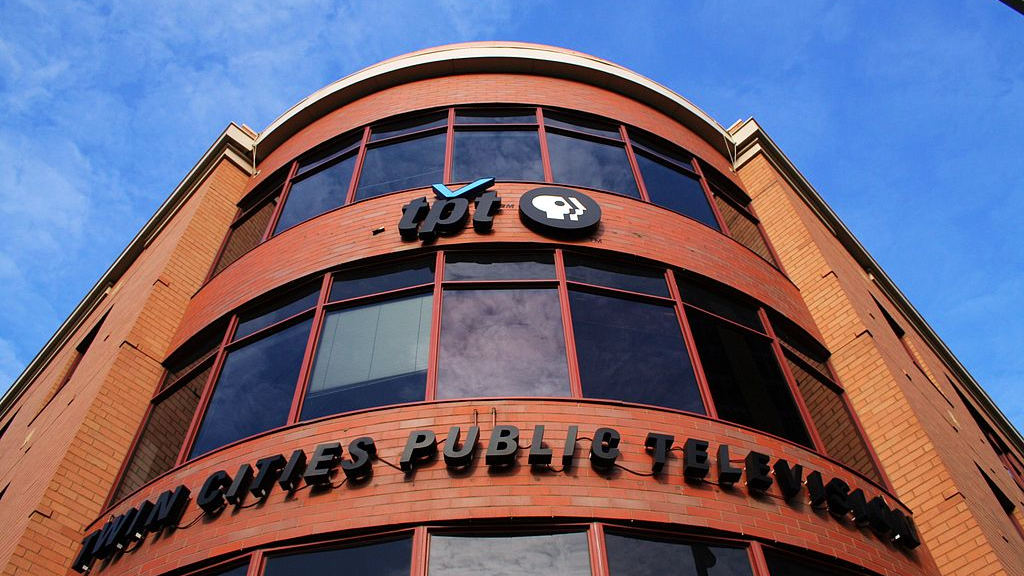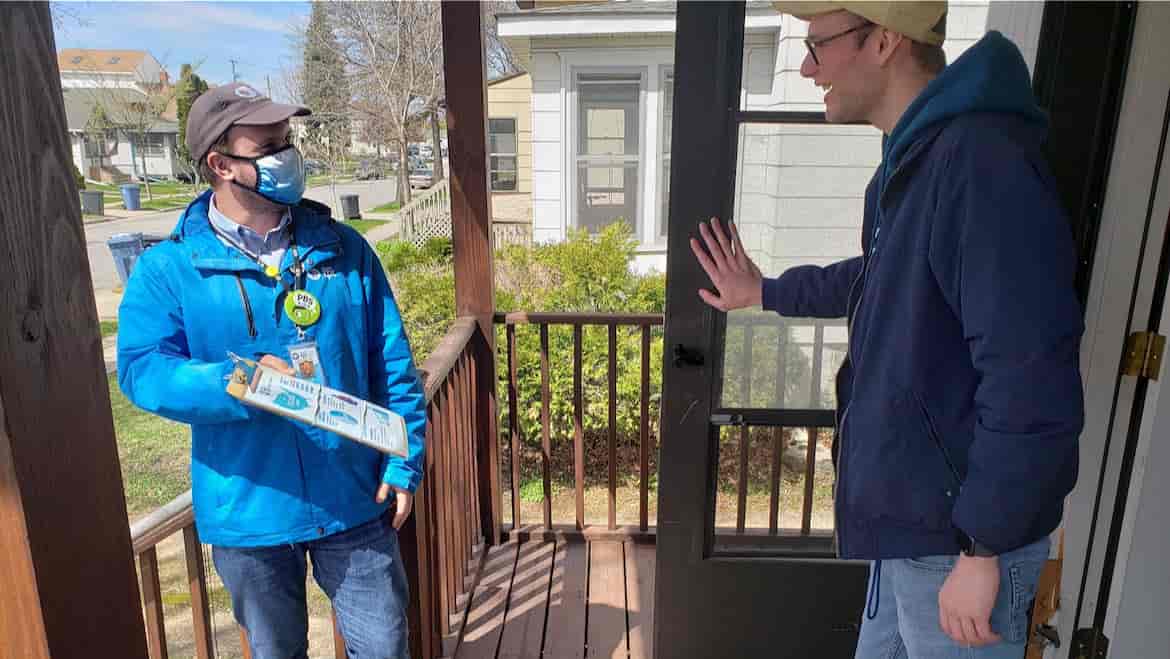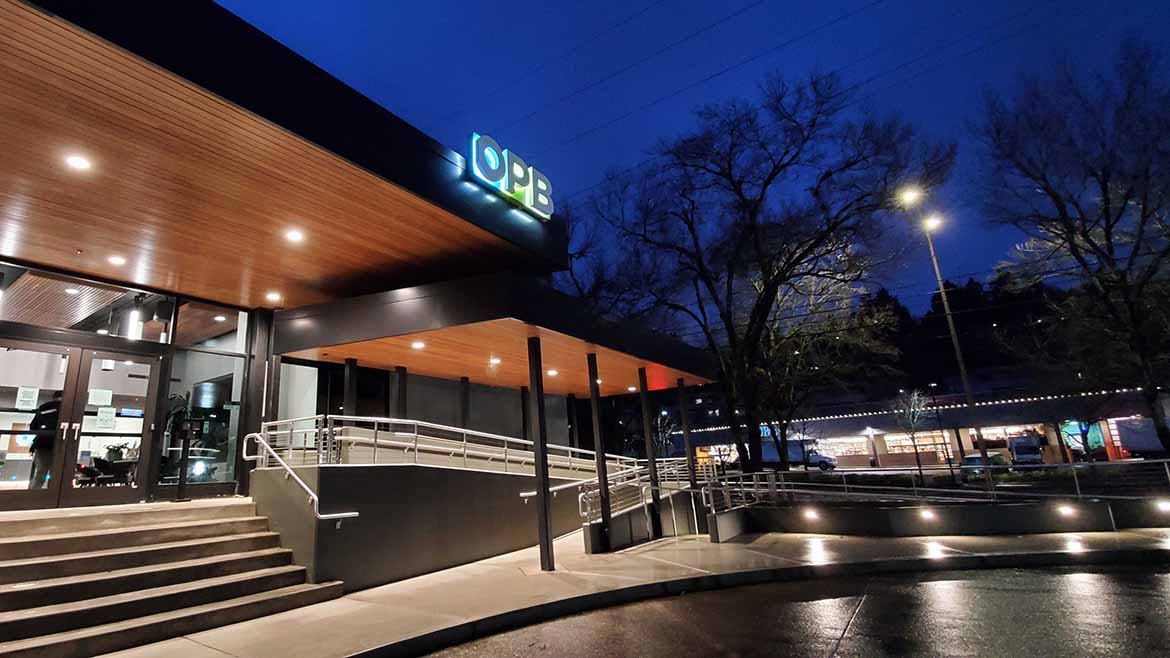Development
Stations look to increase retention as trends for new donors cause concern
"If new donors continue declining overall, that means retention of those donors is going to be more important than ever.”The time to prioritize digital revenue and engagement is now
A 2020 study of stations’ online donation practices revealed that public media is woefully behind other nonprofits.How WETA focuses on improving retention to boost value of Passport donations
The station has created a new “annual sustainer” option for Passport donors to automatically renew their memberships.TPT creates endowment for STEM programs with $9M bequest
The William D. Wells Fund, established with a legacy gift from a donor who supported the station anonymously for decades, will generate ...How original research is helping NPM draw sponsors to public radio
NPM is seeing “millions in return on our investment,” said CEO Gina Garrubbo.WBUR closes first capital campaign with $35M
The majority of the funding is supporting the station's live-events venue.Why independent documentary filmmakers want new and improved funding models
Filmmakers who search high and low for production money say public media must find ways to increase support for their work.Study finds public TV outpacing radio in donor growth
Public TV saw "incredible growth" in sustainers, according to the donorCentrics Benchmarking Project. Meanwhile, public radio may face a "downward slope" in ...Stations fundraise for the future while helping donors create wills
A partnership with a company offering an online tool for composing wills has generated 537 bequests to 10 stations since August.Answering Passport’s age-old question
We're not sure why, but the average age of Passport donors is changing.How the pandemic prepared public media to build an audience-centered culture
By rethinking what we do for our communities and how, many organizations developed the skills needed to embrace change and improve audience ...Latest round of NEA grants includes dozens in pubmedia
The agency announced $88 million in grants this week.Stations report higher gifts as door-to-door canvassing resumes
With pandemic restrictions easing, stations that have relaunched canvassing have seen a 10% increase in average new sustainer gifts.OPB receives $2 million boost to capital campaign
CEO Steve Bass reflects on a year of fundraising during the pandemic, public media in Oregon and more.Delays in fundraising mail ease for public media after holiday disruption
U.S. Postal Service delays caused year-end fundraising mail to arrive late and created customer-service issues at stations.















